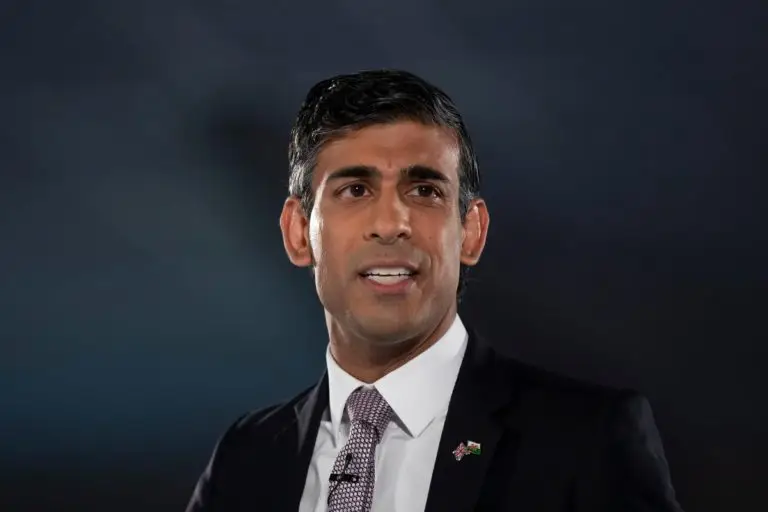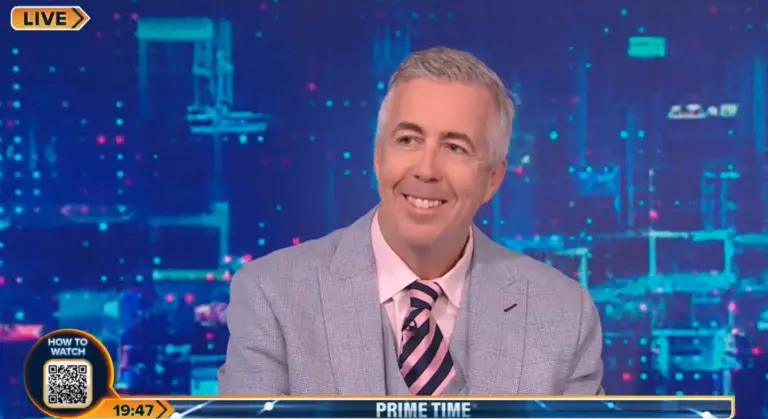On the cold evening of January 31st 2020, toasting glasses marked the end of an era. Downing Street celebrated the conclusion of the tortuous Brexit journey, a landmark that seemed to promise the start of a victorious epoch for the Conservatives.
Brexit done. An 80-seat majority secured. Boris Johnson who famously wanted to become ‘king of the world’, was at this point no doubt the king of the hill.
Nevertheless, fate, as we know, has a capricious streak. Earlier that day, we heard of the UK’s first positive test for COVID-19. In retrospect, perhaps the Downing Street revelry should have been more subdued – even if this particular Number 10 party was well within the law.
Fast forward three and a half years and with Boris Johnson long gone and the looming prospect of tricky by-elections hammering the Tories, the question now is whether there’s even a glimmer of hope for the Conservatives to hold onto power as we head towards the next General Election. The polls express scepticism, but they have been mistaken before, and they could be mistaken again.
It’s not uniquely insightful to point out that Keir Starmer suffers a charisma deficit. A history lesson from the Nixon-Kennedy era reminds us of the undoubted importance of telegenic appeal. Casting Sunak as the bright-eyed and energetic young buck, with a penchant for expensive suits and a ‘well-to-do’ demeanour means comparisons to the 35th President aren’t too far off.
Starmer will no doubt be the first to say “Prime Minister, you’re no Jack Kennedy”, but at 60-years-old the Labour leader could become the oldest Prime Minister to take office since James Callaghan in 1976. It shouldn’t matter, but it does – especially when the two men are side-by-side on podiums asking for our vote.But Tory strategists should beware before betting big on a straight Sunak v Starmer shoot-out. It’s not enough. A lesson from Theresa May and the 2017 General Election should serve as a cautionary tale.
Even as our elections become all the more ‘presidential’ in style, British political history has been marked not by the candidates themselves, but by clear constituencies of voters whom they appeal to. In 2019, Boris Johnson, armed with an unambiguous “Get Brexit Done” slogan, clearly navigated towards the Brexit voters. A defined audience, a defining message, a definitive victory.
Turn back the clock to 1997, when Tony Blair was in his pomp. His focus was unwaveringly on the aspirational “Worcester Women”. These middle-class, often working women, sought a Britain that rewarded hard work, valued public services, and promised a prosperous future for their children. Blair spoke to them. His clarion call for ‘education, education, education’ resonated with these women (and men) who prioritised a better tomorrow for their children. Once again, a well-defined audience and a focused message paved the way for a Labour landslide.
Rewind further still to the Thatcher era. This time the “Mondeo Man” was firmly in her cross-hairs, the archetype of an aspirational, middle-class voter who benefited from her right-to-buy policy and wanted to get on in life. This audience, wooed by her promises of prosperity and individualism, played a crucial role in solidifying Thatcher’s decade-long reign.
And here we arrive at the threshold of Rishi Sunak’s appeal. Yes, his strength lies in his calm competence and he possesses a popularity that outshines his party’s. But where, one might ask, is his defined audience?
The task before Sunak is as clear as it is challenging. To replicate the outcomes of his succesful predecessors, he needs to identify and appeal to a specific electorate that he can confidently and authentically claim as his own.
As we comb through the current socio-political landscape, there seems to be a dearth of natural Sunak suitors. The Prime Minister’s policies, while technocratic and proficient, lack a defined target audience. They range from fiscally progressive (no tax cuts and big public spending) to socially conservative (“Stop the Boats”), but fail to resonate with any particular group of voters as a complete package. Unlike Johnson’s Brexit voters, Blair’s Worcester women, or Thatcher’s Mondeo Men, Sunak’s audience remains nebulous, his narrative unclear.
To give the Conservatives any chance in 2024, Sunak must carve out a clear voter base that aligns with his own vision and values. His appeal must transcend the allure of his bespoke suits and telegenic smile, and instead resonate intently with the aspirations and concerns of a meaningful segment of the electorate. The problem is time is running out to find them.





